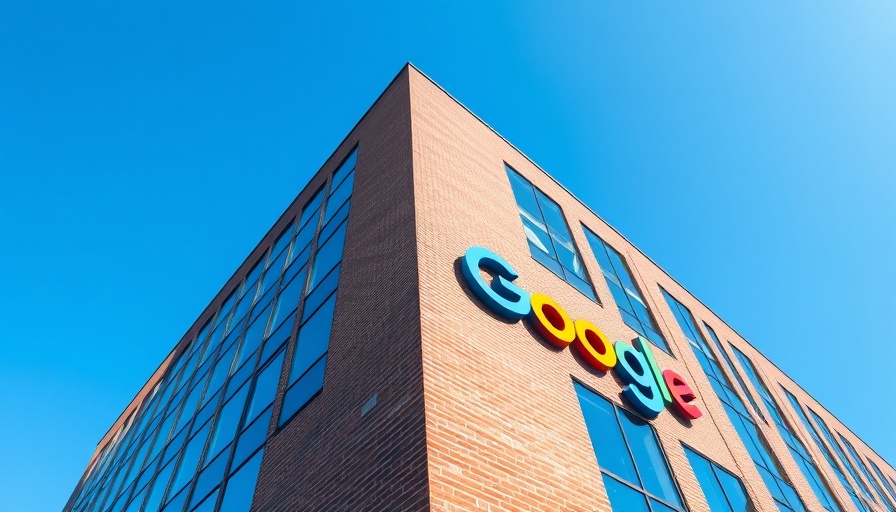
DOJ's Proposal: The Ongoing Chrome Saga
The recent proposal by the U.S. Department of Justice (DOJ) makes clear that the fight over Google’s dominance in the tech industry is far from over. As of March 2025, the DOJ is still demanding that Google divest its popular web browser, Chrome, a move it initially suggested last year during President Biden's administration. This demand appears to have trend continuity even under the new Trump administration, indicating a bipartisan concern regarding Google’s market monopoly.
According to the DOJ, Google's "illegal conduct has created an economic goliath, one that wreaks havoc over the marketplace to ensure that—no matter what occurs—Google always wins.” This stark depiction encapsulates the immense power Google holds in the digital landscape, raising significant questions regarding consumer choice and market fairness.
Shifts in AI Investments: Balancing Innovation and Regulation
Of particular interest is the DOJ's decision not to pursue the complete divestiture of Google’s investments in artificial intelligence (AI), such as its significant backing of Anthropic. Instead, it now seeks to impose prior notifications for any future AI investments. This represents a shift in strategy that acknowledges the role AI plays in innovation. Experts have warned that excessive constraints on AI investments could stifle technological advancements, with the DOJ walking a fine line between regulation and fostering a competitive environment.
Implications of the Proposed Reforms
This proposal comes on the heels of antitrust lawsuits brought forth by the DOJ alongside 38 state attorneys general, marking one of the most crucial antitrust cases since the DOJ's legal battles against Microsoft in the 1990s. The case highlights broader themes of consumer rights and corporate empires; Judge Amit Mehta's earlier rulings indicated that Google's tactics to maintain a monopoly raised substantial legal concerns. The implications of this ruling extend beyond just Google, as it could set a precedent for tech regulation overall.
What’s Next for Google?
The next steps involve a court hearing where both parties will present their arguments—scheduled for this April. Google has signaled its intention to appeal the DOJ's demands, asserting that these recommendations would ultimately harm consumers and disrupt innovation. Google's commitment to investing in AI further complicates the narrative, especially as the tech giant argues against potentially draconian measures that could limit its competitive edge.
Final Thoughts: The Impact on the Future Tech Landscape
As these developments unfold, observers must pay careful attention to how they influence not only Google but also the broader tech industry. The balance of ensuring competitive practices while promoting innovation in a rapidly evolving field is crucial. This ongoing saga serves as a critical case study on the intersection of technology, regulation, and market dynamics, setting a compelling precedent for how antitrust issues will be managed in the future.
 Add Row
Add Row  Add
Add 




Write A Comment